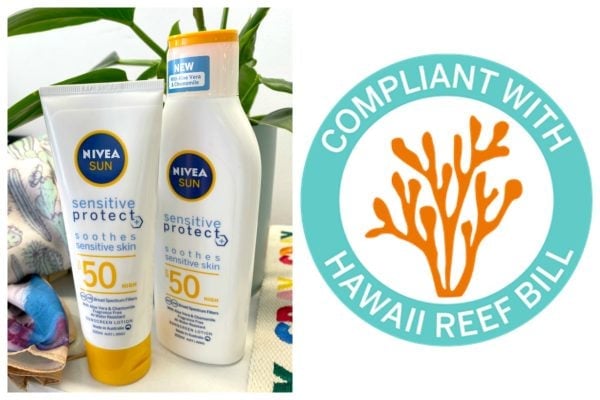

As a surfer and diver I’m pretty much in the ocean daily.
I’ve chased waves all over the world and snorkelled at pristine coral reefs here in Australia and throughout the South Pacific.
I’ve always educated friends and family to do their best when it comes to ocean protection and even volunteered my time to help out the Surfrider Foundation with various ocean conservation campaigns.
It’s fair to say that I care a lot about whether my sun protection is safe for the sea and therefore my salty marine creature companions. It is, after all their real-life aquarium.
Nowadays it’s (alarmingly) well known that coral reefs throughout the world are suffering as a result of global warming – fact. The spike in ocean temperatures has caused significant stress to the marine life that inhabits our seas and caused mass coral bleaching in sensitive areas.
Yes, I’m lucky to have surfed at some the most visually stunning locations on the planet but it’s truly heartbreaking to witness the impacts of global warming firsthand.

